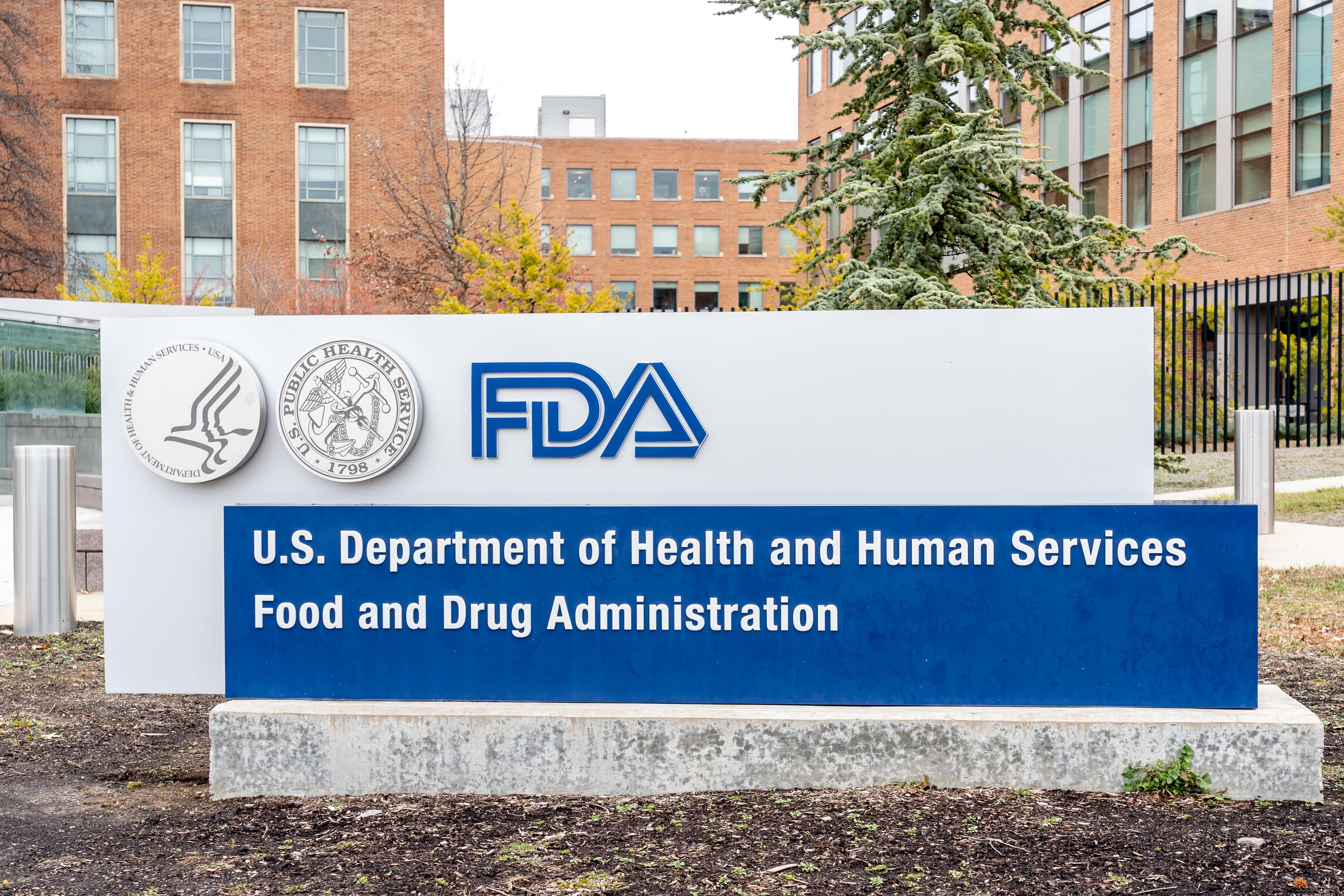FDA Delays Review of BLA Submission for Moderna's Novel Respiratory Syncytial Virus Vaccine
Administrative constraints cause FDA to push back its review of data from a pivotal Phase III trial (NCT05127434), which demonstrated favorable clinical safety and efficacy for mRNA-1345, an investigational vaccine found to reduce the incidence of RSV-associated lower respiratory tract disease.
Image credit: JHVEPhoto | stock.adobe.com

The FDA has notified Moderna that it will be unable to finish reviewing its Biologics License Application (BLA) for the company’s investigational respiratory syncytial virus (RSV) vaccine by the Prescription Drug User Fee Act (PDUFA) date of May 12, 2024, because of administrative constraints. The agency told Moderna that its goal is to complete the review of data for mRNA-1345 by the end of this month.1
Moderna said it expects the CDC Advisory Committee on Immunization Practices (ACIP) to review mRNA-1345 by the time of its meeting on June 26-27, 2024, which the company said is vital to be conducted before commercial launch.
"Moderna is very grateful to the FDA for their continued efforts and diligence," said Stephen Hoge, MD, president of Moderna, said in a press release. "We look forward to helping the agency complete the review of our application, and to the June ACIP meeting."1
The BLA submission was based on findings from a pivotal Phase III trial (NCT05127434), which demonstrated favorable clinical safety and efficacy for mRNA-1345. Data published in The New England Journal of Medicine show that a single dose of the novel vaccine lowered the incidence of RSV-associated lower respiratory tract disease (LRTD) and RSV-associated acute respiratory disease compared with placebo among individuals 60 years of age and older.2
mRNA-1345 is comprised of a single mRNA sequence encoding for a stabilized prefusion F glycoprotein and uses the same lipid nanoparticles as the Moderna COVID-19 vaccines.
In July 2023, Moderna filed marketing authorization submissions for mRNA-1345 for the prevention of RSV-associated LRTD and acute respiratory disease in adults aged 60 years and older. The company also initiated the rolling submission process for a BLA to the FDA for the licensure of the vaccine.3
The FDA granted mRNA-1345 with Breakthrough Therapy Designation in January 2023 for the prevention of RSV-LRTD in adults aged 60 years or older. The novel vaccine was previously granted Fast Track Designation in 2021.
The ongoing, randomized, double-blind, placebo-controlled, Phase II–III trial enrolled adults aged 60 years or older, who were randomly assigned 1:1 to receive one dose of 50 μg mRNA-1345 (n = 17,793) or placebo (n = 17,748). The primary efficacy endpoints of the trial were prevention of RSV-associated LRTD with at least two signs or symptoms and with at least three signs or symptoms. The secondary efficacy endpoint was prevention of RSV-associated acute respiratory disease.
A single dose of mRNA-1345 generated 83.7% efficacy against RSV-associated LRTD with at least two signs or symptoms, 82.4% efficacy against RSV-associated LRTD with at least three signs or symptoms, and 68.4% against RSV-associated acute respiratory disease. The vaccine produced protection against the RSV subtypes A and B, with these findings consistent across subgroups defined by age and coexisting conditions.
Patients administered mRNA-1345 reported a higher incidence of solicited local adverse events (AEs) at 58.7% compared to 16.2% in patients given a placebo. Systemic AEs were 47.7% among patients administered mRNA-1345 vs. 32.9% of patients given a placebo, but these AEs were mild to moderate and transitory. Serious AEs were reported in 2.8% of patients in each trial cohort.
An accompanying editorial published in The New England Journal of Medicine noted that an effective preventative option against RSV is vital for older individuals worldwide.4
“The burden of RSV disease in older adults in the United States and worldwide is substantial, and multiple RSV vaccines will provide an important intervention in this age group,” the study authors wrote. “However, the effects of RSV infection are most profound in infants, with at least 100,000 potentially preventable deaths each year, 97% of which occur in low- and middle-income countries. The vaccination of pregnant persons with RSV vaccines can protect their young infants by means of the placental transfer of antibodies.”4
References
1. Moderna Announces Update on Investigational RSV Vaccine. News release. Moderna. May 10, 2024. Accessed May 10, 2024. https://investors.modernatx.com/news/news-details/2024/Moderna-Announces-Update-on-Investigational-RSV-Vaccine/default.aspx
2. Wilson E, et al. Efficacy and Safety of an mRNA-Based RSV PreF Vaccine in Older Adults. Journal Article. 2023. New England Journal of Medicine. PG - 2233-2244. VI - 389 IP - 24 DOI: 10.1056/NEJMoa2307079. https://www.nejm.org/doi/full/10.1056/NEJMoa2307079. December 14, 2023 389(24):2233. Accessed May 10, 2024.
3. Moderna announces global regulatory submissions for its respiratory syncytial virus (RSV) vaccine, mRNA-1345. News release. Moderna. July 5, 2023. Accessed May 10, 2024. https://investors.modernatx.com/news/news-details/2023/Moderna-Announces-Global-Regulatory-Submissions-For-Its-Respiratory-Syncytial-Virus-RSV-Vaccine-MRNA-1345/default.aspx
4. Cohn, A. Hall, A. Continued Progress in the Development of Safe and Effective RSV Immunizations. Journal Article. 2023. New England Journal of Medicine. PG - 2289-2290. VI -389. IP – 24. DOI: 10.1056/NEJMe2311862. https://www.nejm.org/doi/full/10.1056/NEJMe2311862. December 14, 2023 389(24):2289. Accessed May 10, 2024.